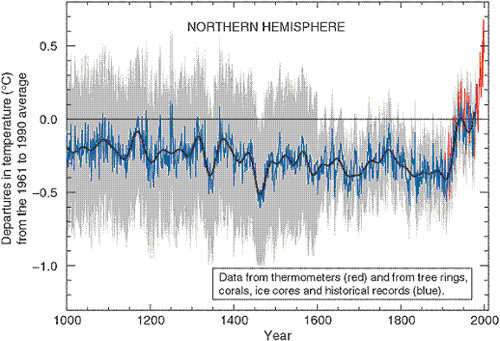Here’s what’s wrong with the “relax, the world is better than ever” arguments
In recent years, commentators like Max Roser, Steven Pinker, Nicholas Kristof, and Matt Ridley have argued contrary to the prevailing mood that our world increasingly resembles a dumpster fire, things have actually never been better. Here’s Kristof for instance arguing that 2017 will likely be the best year in the history of the world:
Every day, an average of about a quarter-million people worldwide graduate from extreme poverty, according to World Bank figures.
Or if you need more of a blast of good news, consider this: Just since 1990, more than 100 million children’s lives have been saved through vaccinations, breast-feeding promotion, diarrhea treatment and more. If just about the worst thing that can happen is for a parent to lose a child, that’s only half as likely today as in 1990.
In a long piece for The Guardian, Oliver Burkeman does not dispute that the world’s population is better off than it was 200 years by any number of metrics. But he does argue that this presumably bias-free examination of the facts is also a political argument with several implications and assumptions.
But the New Optimists aren’t primarily interested in persuading us that human life involves a lot less suffering than it did a few hundred years ago. (Even if you’re a card-carrying pessimist, you probably didn’t need convincing of that fact.) Nestled inside that essentially indisputable claim, there are several more controversial implications. For example: that since things have so clearly been improving, we have good reason to assume they will continue to improve. And further — though this is a claim only sometimes made explicit in the work of the New Optimists — that whatever we’ve been doing these past decades, it’s clearly working, and so the political and economic arrangements that have brought us here are the ones we ought to stick with. Optimism, after all, means more than just believing that things aren’t as bad as you imagined: it means having justified confidence that they will be getting even better soon.
What things are like right now are the result of past actions. But the world to come is the result of what’s happening right now and what will happen in the next few years. Momentum (mass times velocity) is a powerful thing in a big world, but it’s not everything. It’s a bit like saying “ok, we’ve got the car up to speed” then letting up on the gas and expecting to continue to accelerate.
The New Optimists “describe a world in which human agency doesn’t seem to matter, because there are these evolved forces that are moving us in the right direction,” Runciman says. “But human agency does still matter… human beings still have the capacity to mess it all up. And it may be that our capacity to mess it up is growing.”
And just because things are good now doesn’t mean they couldn’t be better or start heading in the other direction soon.
But after steeping yourself in their work, you begin to wonder if all their upbeat factoids really do speak for themselves. For a start, why assume that the correct comparison to be making is the one between the world as it was, say, 200 years ago, and the world as it is today? You might argue that comparing the present with the past is stacking the deck. Of course things are better than they were. But they’re surely nowhere near as good as they ought to be. To pick some obvious examples, humanity indisputably has the capacity to eliminate extreme poverty, end famines, or radically reduce human damage to the climate. But we’ve done none of these, and the fact that things aren’t as terrible as they were in 1800 is arguably beside the point.
Read the whole thing…it’s a solid defense against a sentiment I find increasingly irksome.






Stay Connected